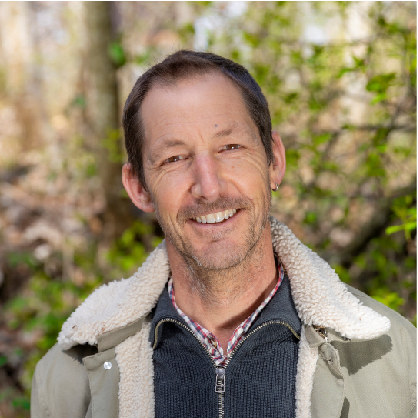
Geosciences, Ecology and Environment specialisation
Specific training objectives
At the end of their studies, students will be able to:
- Solve complex ecological problems through quantitative and modelling approaches, using bilogical and complementary knowledge acquired in geosciences and environmental sciences
- Have an integrated view of natural systems and conduct interdisciplinary research projects in ecology/environment
- Transfer scientific knowledge and skills acquired to applied problems in the field of ecology, environment and conservation
Objectives and Content
 Ecology is the integrated study of organisms in their biotope, and thus requires knowledge on the abiotic environment. The GEE specialisation allows biology students in the BEC Master to gather a complementary training in geographic and environmental sciences resulting in a synthetic view of ecosystems. The main aim of the GEE specilisation is thus to provide the students with the necessary theoretical and methodological skills, and associated way of thinking, to solve complex problems and conduct advanced fundamental and applied studies in ecology and conservation.
Ecology is the integrated study of organisms in their biotope, and thus requires knowledge on the abiotic environment. The GEE specialisation allows biology students in the BEC Master to gather a complementary training in geographic and environmental sciences resulting in a synthetic view of ecosystems. The main aim of the GEE specilisation is thus to provide the students with the necessary theoretical and methodological skills, and associated way of thinking, to solve complex problems and conduct advanced fundamental and applied studies in ecology and conservation.
In addition to the biology-oriented courses offered in the BEC Master's programme, GEE students will have opportunities to learn complementary elements about aquatic (glaciers, rivers and lakes) and terrestrial (including soils) ecosystems, especially in mountain areas, using field (e.g., sampling), laboratory (e.g. biogeochemistry) and quantitative (e.g., time series, remote sensing, machine learning) methods.
Acquiring these complementary skills will ultimately allow the students to get an integrated and interdisciplinary view of ecosystems and solve complex fundamental and applied ecological problems.
In the GEE programme, students will be able to acquire the following knowledge and skills:
- capacity to analyse complex ecological patterns and processes
-
a good theoretical basis in various ecological and geo-environmental sciences
- additional training in field and laboratory methods in ecology and geo-environmental sciences
- training in quantitative methods, including statistical analyses and modelling (e.g. machine learning), geographical information science and remote sensing (e.g. satellite images, drones)
© V. Di Cola/E. Giaccone/A. Guisan
Prof. Antoine Guisan
Department of Ecology and Evolution
In charge of the GEE specialisation
For any administrative question (e.g. registration, equivalencies, etc.) : please contact the School of Biology.



